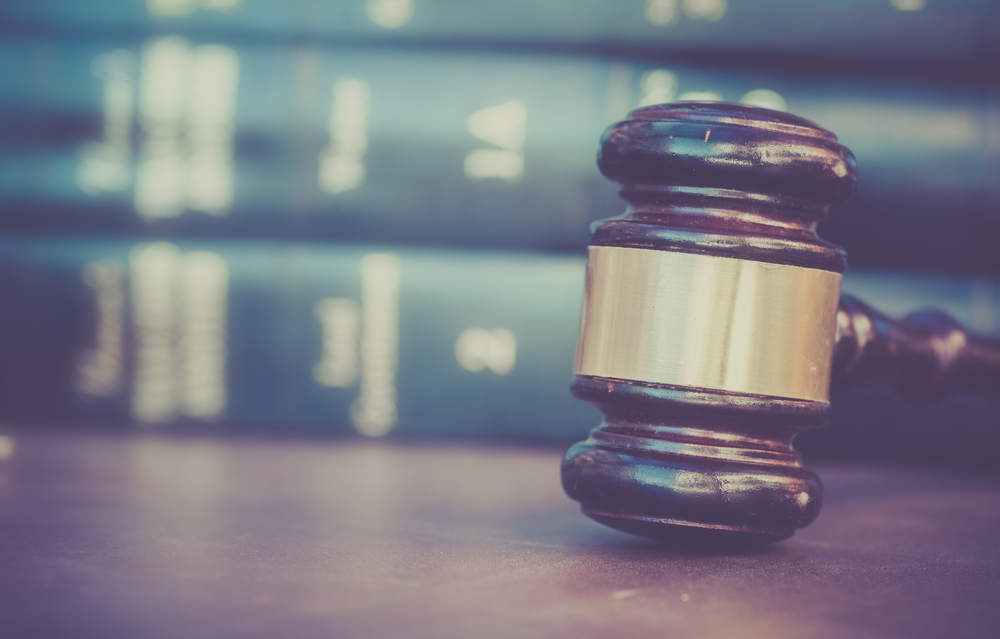The August 10 deadline for Camp Lejeune toxic water claims to be filed under the Camp Lejeune Justice Act is approaching.
Two years ago, the Camp Lejeune Justice Act (CLJA) was signed into law giving victims of the contaminated water found at Camp Lejeune a chance to sue the federal government for their pain and suffering and other damages.
The CLJA requires that before filing Camp Lejeune lawsuits, victims first need to file a claim with the Office of the Judge Advocate General of the Navy’s Tort Claims Unit. If the claim is denied or a settlement is not reached, the claimant can then move forward with filing a lawsuit through the U.S. District Court for the Eastern District of North Carolina.
Already more than 100,000 administrative claims and 1,500 lawsuits have been filed, but many victims have not begun the process, and others have filed but are unsure if their claim is moving forward properly.
Those looking to file a Camp Lejeune claim should have a clear understanding of what is required when filing to avoid having any issues. If you haven’t filed yet, or you are experiencing problems with a claim, it’s not too late to get the assistance of a Camp Lejeune lawyer. An attorney can help claimants file on time with all the required paperwork. They also can assist with a lawsuit if a settlement is not reached or if issues arise through the claims process. In this article, we’ll provide an overview of the Camp Lejeune claims process and how to find a Camp Lejeune lawyer for extra support.
Overview of Filing a Camp Lejeune Justice Act Claim
Anyone who lived or worked at Camp Lejeune for 30 or more days between August 1, 1953, and December 31, 1987, and developed an illness due to the contaminated water has a right to sue the government under the CLJA. Family members whose loved ones were exposed to the toxins and died can pursue a wrongful death claim.
The contamination at Camp Lejeune was caused by toxins, including volatile organic compounds (VOCs) like trichloroethylene, tetrachloroethylene, vinyl chloride, and benzene, which infiltrated the tap water in the base’s water system.
It would be decades before those exposed to the contamination became aware of the issue, and in many cases, the knowledge of exposure came well after the victim had developed a serious and often fatal disease.
Over the years, the government, through the U.S. Department of Veterans Affairs (VA) offered disability benefits and medical coverage for certain illnesses associated with the toxic water to veterans. However, the CLJA is the first time victims, both military personnel and civilians, can sue the federal government directly for financial compensation.
The Navy Jag Office has a website devoted to giving victims information on filing their CLJA claims, and there is a Camp Lejeune online claims portal meant to simplify the process for lawyers and individuals filing claims.
What Documentation Is Needed for a Camp Lejeune Claim
Key pieces of evidence are required for a Camp Lejeune claim, including proof of living or working on the marine base during the time of the contamination and documentation of a medical condition associated with the contamination.
Military personnel can use their DD214 form, the military document containing information about when they were stationed at Camp Lejeune, to show they lived or worked on the base during the time of contamination. It is available by making a request through the National Archives or by mailing or faxing Standard Form 180 to the VA. For civilians, records ranging from utility bills, base housing records or tax forms can be used for proof of residency.
How do you provide proof of a medical condition associated with Camp Lejeune? Some of the conditions linked to the toxins at Camp Lejeune include leukemia, aplastic anemia, multiple myeloma, non-Hodgkin’s lymphoma, Parkinson’s disease, and bladder, kidney, and liver cancers. Potential documentation to submit includes medical records from hospitals and doctor’s offices, lab test results, medical bills, copies of prescriptions, and documents outlining diagnoses and treatment plans created by the person’s medical team.
The stronger the documentation and other evidence a claimant has for the claim, the more successful their case will be.
Hiring a Camp Lejeune Lawyer
Hiring a lawyer to file a claim under the CLJA is not mandatory, however, to achieve the best results and to alleviate any stress, you may want a lawyer’s expertise on your side. Whether it is to make sure a claim is filed before the August 10 deadline, determine whether or not a claim was filed properly and has valuable documentation, or advise a client on the decision to accept a settlement or move forward with a lawsuit, hiring a lawyer can be invaluable.
When choosing a lawyer to handle your Camp Lejeune claim, you should keep several factors in mind. They should have experience in personal injury and wrongful death cases, as well as working knowledge in toxic exposure and water contamination. It is essential you find a lawyer who can communicate with you and work with you to create the necessary paper trail for a successful settlement. They will need to be able to build a case specifically around your time at Camp Lejeune and how the contamination directly impacted you (or your loved one).
And, remember, if it sounds too good to be true, it most likely is. Be wary of lawyers who begin a meeting touting large settlements, or who want to be paid upfront. A Camp Lejeune attorney should offer a free case consultation and will only get paid if you do.
Although the Camp Lejeune deadline is right around the corner, those who have a clear understanding of what is required of them still have time to successfully see a CLJA claim through, before the window closes.



